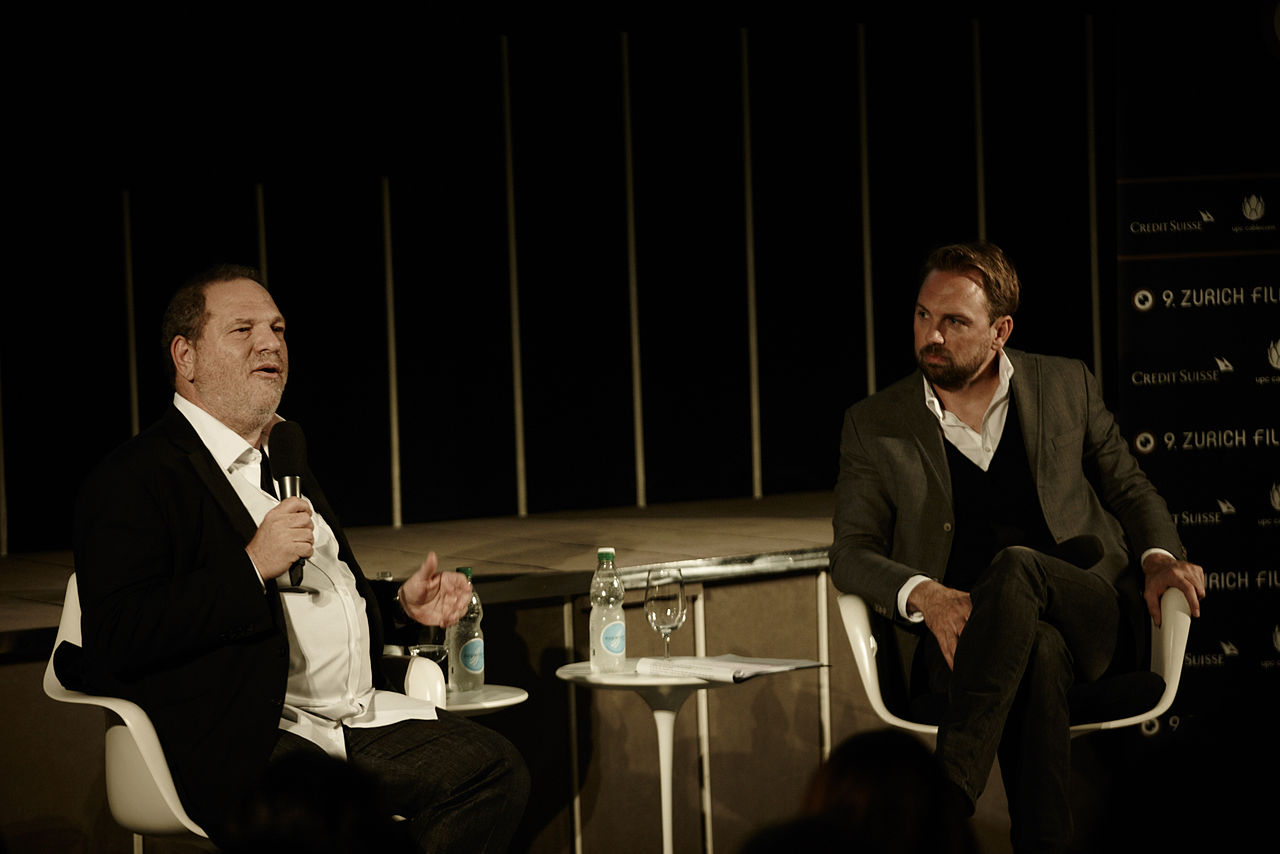Views expressed in opinion columns are the author’s own.
In less than two minutes, Filipina-Italian model Ambra Battilana Gutierrez explicitly said “no” seven times to American film mogul Harvey Weinstein’s sexual advances. In the audio of their conversation, released in a New Yorker report last week, Gutierrez repeatedly says she feels uncomfortable and wants to leave; she also says she is sorry. This interaction is a textbook example of emotional and psychological abuse, highlighting that predatory, manipulative behavior is by no means solely physical.
During their conversation, Weinstein repeatedly attempts to guilt Gutierrez into coming into his hotel room for a drink, saying she is making a scene and embarrassing him, despite her insistence that she feels unsafe. He assures her that he isn’t going to “do anything,” and that he was sorry for groping her the previous day, as he was just “used to” being able to do that to women.
All the accounts of those who have had negative dealings with Weinstein are punctuated with his continual use of aggressive language, the most chilling instance cited by a staffer who heard him whispering to himself, “There are things I’ve done that nobody knows.”
This type of manipulative rhetoric — the type that frames victims as if they are in the wrong — is common in abusive relationships, particularly intimate partner relationships. Resources about domestic violence prevention and awareness show that emotional or psychological abuse is often linked to and can foreshadow sexual violence, although each can exist without the other. Although Weinstein and Gutierrez were in no type of romantic relationship, the incident between them indicates how control and manipulation can manifest itself in relationships that aren’t physical.
Almost all of the women who have spoken out against Weinstein — a group that now includes Ashley Judd, Angelina Jolie, Rosanna Arquette, Gwyneth Paltrow, Mira Sorvino and Rose McGowan — have recounted their stories with a tone all too familiar to many women: sadness tinged with an underlying feeling of undeserved, yet inescapable, anguish.
These accounts remind us that when a young woman is treated like an object, she is forced into an old and sickening script — one that relies on emotional manipulation and abuse to maintain, and is incredibly difficult to escape.
This type of thinking exacerbates a culture that creates and protects men like Weinstein. The number of stories that have come out as a result of the Weinstein case has served as a reminder of how impossible it can be for a woman or any survivor of sexual violence to escape everything forced upon them — whether it is words, expectations, another’s body, a sense of complicity or the archaic script that makes reading the accounts of these women horrifying, yet predictable.
On Sunday afternoon, in light of the Weinstein revelations, actress Alyssa Milano encouraged women who’d experienced sexual assault or harassment to tweet the words #MeToo. In 24 hours, a spokesperson from Twitter confirmed, the hashtag was tweeted almost half a million times. It’s both startling and powerful to see the sheer magnitude of people using the hashtag. The power of #MeToo lies in the fact that it takes an experience often discussed in hushed tones and turns it into a movement, revealing that the issue of sexual violence is so much bigger, more complex and more prevalent than just “one bad apple.”
The experiences of women and survivors extend far beyond the discourse surrounding Weinstein, and recognizing the ways in which sexual violence deviate from traditional notions of gender and sexuality is integral to understanding and working against the forces at play.
Although it is important to remember that women aren’t responsible for educating others about the culture of sexual violence, illuminating the scale of the problem is incredibly revolutionary and admirable. We can and should hold perpetrators of sexual violence accountable. The first step in dismantling the power structures that protect men like Harvey Weinstein? #MeToo.
Sarah Riback is a sophomore English and sociology major. She can be reached at riback.sarah@gmail.com.



